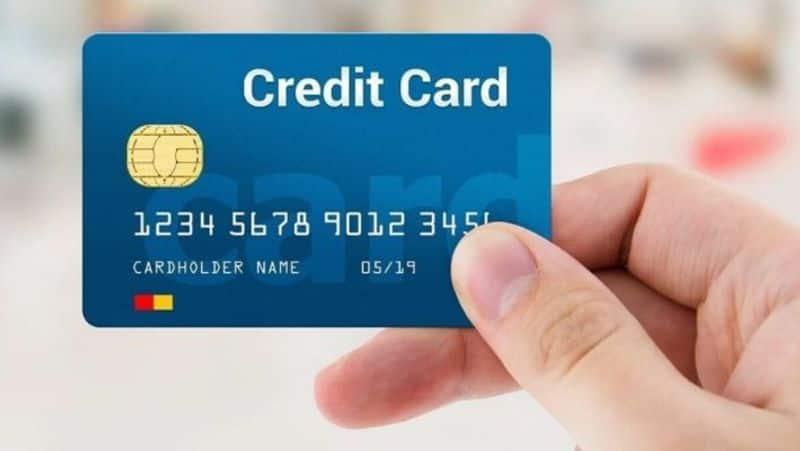
In today’s fast-paced world, where instant gratification and convenience often take precedence, credit cards have become an indispensable tool for many. They provide an effortless way to manage payments, especially in emergencies or when cash is short. However, the ease of using credit cards also comes with its challenges. Improper management can lead to financial strain that can take years to overcome. As credit card debt continues to escalate among users, understanding how to manage it effectively is crucial.
The primary step in managing credit card debt is to avoid unnecessary expenses. This might seem straightforward but it’s easier said than done. Impulse purchases, lifestyle inflation, and the incessant allure of sales and discounts can lure even the most disciplined spender into spending more than they intend to. Before making a purchase, always ask yourself if it is a necessity or just a desire.
Next, it is vital to monitor your credit card usage diligently. This includes regularly reviewing your statements for any unauthorized transactions and keeping track of your expenditures. By maintaining a close watch on your spending patterns, you can identify areas where you tend to overspend and take corrective measures.
Moreover, aligning your credit card expenses with your income is paramount. It’s easy to swipe the card and forget about the mounting debt until the bill arrives. Instead, treat your credit card like a debit card, only spending what you can afford to pay off in full each month. By doing so, you not only avoid interest charges but also keep your debt under control.
According to a report by the Economic Times, India’s credit card outstanding balance exceeded ₹2 lakh crore for the first time in April this year. This marks a significant increase of more than 30 percent compared to the same period last year. Moreover, the growth rate of credit card debt is double that of overall bank loans. Experts suggest that this surge in credit card debt is largely due to increased consumer spending and inflationary pressures.
This data underscores the importance of timely repayment of credit card dues. Delayed payments can result in hefty interest charges, late fees, and a negative impact on your credit score. A good credit score is essential for securing loans and other financial products at favorable terms. Therefore, always ensure that you pay at least the minimum due amount before the due date to avoid penalties.
Creating a budget can also be an effective tool in managing credit card debt. By setting aside a specific amount for different categories of expenses, you can control your spending and ensure that you do not exceed your financial limits. A well-planned budget can provide a clear picture of your financial situation, helping you to allocate funds efficiently and save for future needs.
Many financial experts advocate for the snowball method to tackle multiple credit card debts. This involves paying off the smallest debt first while making minimum payments on larger debts. Once the smallest debt is paid off, move on to the next smallest, and so on. The psychological boost of clearing debts one by one can be motivating and provide a sense of accomplishment.
Another strategy is the avalanche method, where you prioritize paying off the debt with the highest interest rate first, followed by the next highest, and so on. This method can save you more money in the long run by reducing the amount you spend on interest.
Aside from these strategies, take advantage of balance transfer offers. Many credit card companies offer promotional rates for transferring balances from a high-interest card to one with a lower interest rate. This can be a viable option to consolidate debt and make repayment more manageable.
Lastly, if you find managing credit card debt overwhelming, do not hesitate to seek professional help. Financial advisors and credit counseling services can provide guidance and support, helping you to develop a repayment plan and regain control of your finances.
In conclusion, while credit cards offer numerous benefits, they also pose significant risks if not managed properly. By avoiding unnecessary expenses, monitoring your usage, aligning spending with income, and employing effective debt repayment strategies, you can navigate the challenges of credit card debt and work towards financial stability. Remember, the key to staying out of debt is disciplined spending and proactive management.












